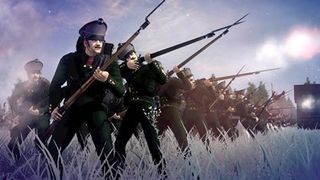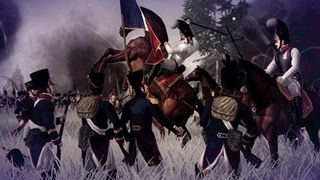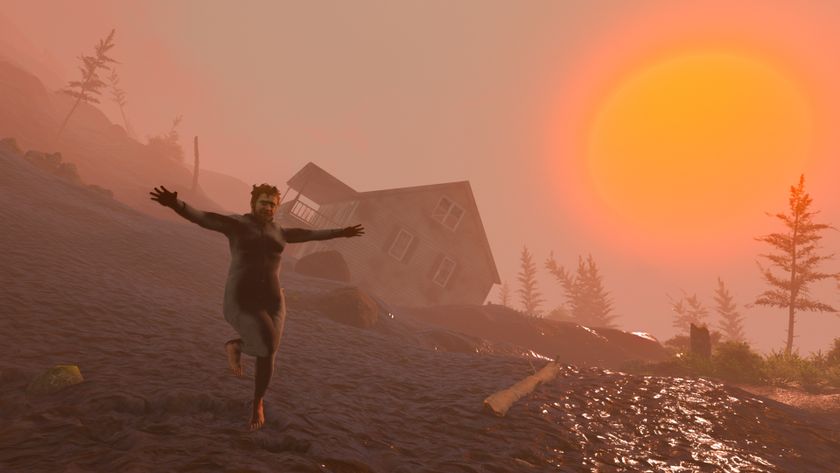One of Napoleon’s most famous quotes, which conjures a lovely image of breakdancing soldiers invading a country by doing The Caterpillar, is that an army marches on its stomach. That’s the new aspect of Napoleon, which brings something to Total War that’s never been fully acknowledged: the effects of starvation, plague and general attrition on a troop. On the world map, the further your troops are away from home and supplies, and the more hostile the environment, the more their morale and numbers will be whittled away before they’ve even had a chance to run away, morale shattered, from a battle.

This means scorched earth tactics become a real and occasionally sensible option, depriving anyone who follows you of the resources you’ve enjoyed. The Russians have used this tactic to great success in the past: under Stalin in the 1940s they fought Hitler by moving their factories east and burning down their own houses. They poisoned their own wells to wear Napoleon down in 1812. Now you can do similarly in Napoleon: Total War.
Or you can be slightly more proactive and take advantage of an over-extended army by cutting their supply chain. If they’re a long way from home and haven’t planned their advance properly, this could cripple them – just as it crippled Napoleon in 1812. The thoughtful introduction of attrition is a tactical game-changer for the series.

If the idea of fighting a campaign in Total War along the border of two countries seems claustrophobic, that’s just one reason this is being described as “Empire under a microscope” by CA. The other reason is that the turn time has been reduced from six months to two weeks. This change isn’t so trite as to simply mean the calendar moves more slowly – it affects your turn-to-turn considerations. You can’t just stack up your troops and send them half-way across the planet: now you have to consider the effects of hunger and supplies, and if you decide to take challenging terrain, morale.
The second campaign takes place in Egypt and the Holy Lands. Napoleon’s intention here was to disrupt the British trade routes, but his options were limited. He was far from France, with no way of setting up a recruitment queue in Paris and jetting them over to his location in a couple of six-month turns. So here, you’re forced to survive locally, build supply depots, and recruit from the residents, using their camel-riders and other units to your advantage.

A camel has two advantages over a horse, we’re told: first, riding from the back lets you use the hump as a shield. Secondly, they’re a bit more stupid, and don’t mind running into square formation pikemen so much. How that helps, we’re not sure.
Sign up to the GamesRadar+ Newsletter
Weekly digests, tales from the communities you love, and more

Ahead of GTA 6, Take-Two CEO says he’s “not worried about AI creating hits” because it’s built on recycled data: “Big hits […] need to be created out of thin air”

Getting Over It creator Bennett Foddy threatens the world once again: If you want Baby Steps to be a brutal rage game, "you can inflict that on yourself"

A Simpsons Hit and Run Remake will probably never happen – and I don't want it to









